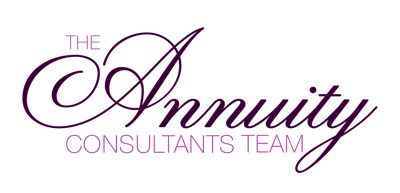I never thought I would write a post quoting what Aetna is doing, but life can surprise me! Yes, I know that Aetna is a big insurance company, but it’s also an employer of 50,000 people. I was reading on the Harvard Business Review blog that Aetna introduced mindfulness training to employees and over 25 percent of them participated. “Aetna also calculated the savings to the company, finding that, on average, mindfulness participants gained 62 minutes of productivity a week, which is an estimated $3,000-per-employee increase in productivity for the company each year.” Imagine if you had 63 more minutes each week. You could fit in one or two more appointments with customers (or perhaps 10 to 15 phone calls to prospects). In this post, I want to talk about mindfulness and how it will benefit your day.
Why You Need Mindfulness
Beyond the extra minutes that you will find in the workday, you could be wondering why you should try mindfulness training. You would go to a mindfulness training or try an app because you want to get the benefits for your mind, body, and spirit. I’m going to put this in layman’s terms instead of going on and on about medical studies. A typical workday has its own stressors. There are the tasks that you must accomplish and the interruptions of phone calls, emails, and people entering your office for which it’s hard to plan. These are factors that you must accept as part of your work-life unless you’re going to let calls go to voicemail, check emails only at certain times of the day, and work from home. However, if you work from home, you will have to spend more time on the road going to meet clients.
How Mindfulness Helps You
Given all these factors that affect a typical workday, you will have less productivity when you feel a lack of control over them. You will have greater anxiety, higher blood pressure, and you might forget to breathe deeply. With mindfulness, you take time for yourself, diverting your mind from these environmental stressors for a few minutes. You are going to be quiet, close your eyes, and listen to a voice telling you how to breathe in deeply, hold your breath, and then exhale. A guided meditation may also encourage you to calm different parts of your body, to let certain issues or pain points go, or to move you through a series of positive images. Guided meditations by experienced yogis are usually detailed enough that you feel calmer after you follow them. After a few minutes of meditation, you can feel less intimidated by environmental stressors and/or the anxiety that makes your brain go crazy. You will feel your chest expanding and contracting with fewer restrictions and then get back to work.
It’s All About Perspective
What I love about mindfulness is that it helps us to release anxiety and stress and to focus on our brain’s unlimited power. I will wind up with an example. The other day, an angry customer entered my office. She was disappointed with this year’s return on her annuity, and she suggested I should have sold her a different option. She couldn’t bank on the earnings of the annuity’s yield, and she was sure that she should switch to a new carrier. I hadn’t expected her arrival and I had to prepare for a first-time presentation that afternoon to a community group. Nevertheless, I understood her feelings of helplessness about how a financial product performs. She was ready for a guaranteed multi-year annuity. The next time this scenario occurs, I will excuse myself while an upset customer waits in the lobby. Then, I will do a quick meditation. Afterward, I will resolve the customer’s problem without letting my emotions get out of control. She caught me off-guard, and that was not a good starting point for helping her or for finishing my presentation.
